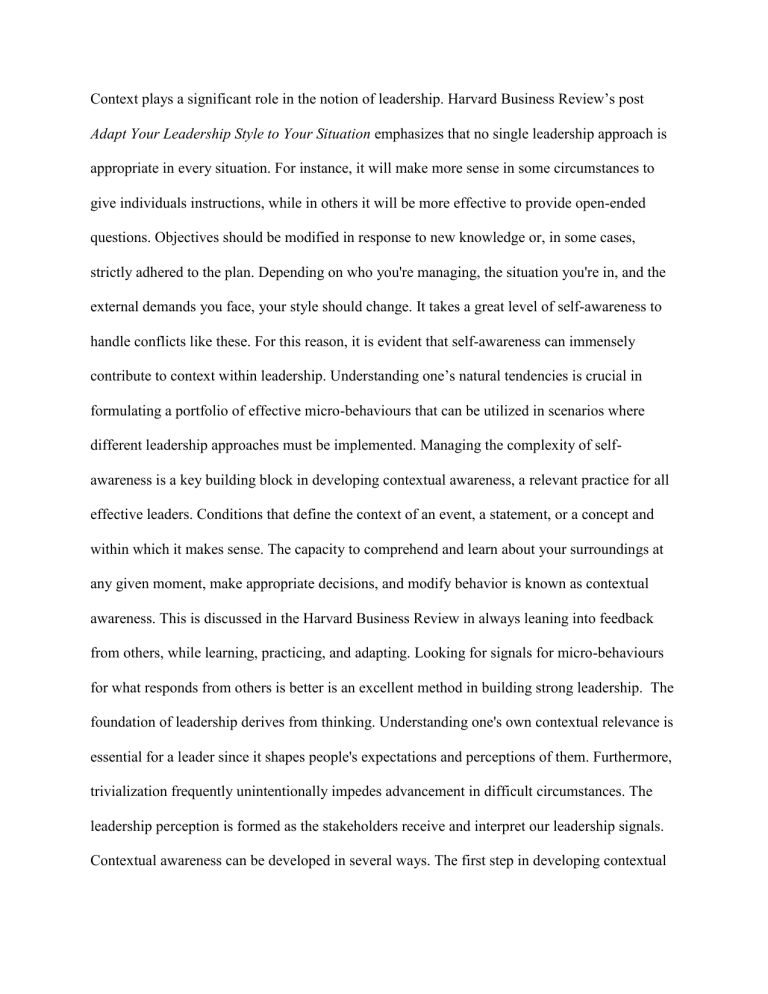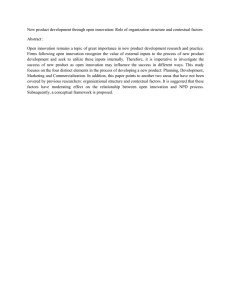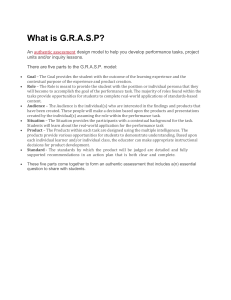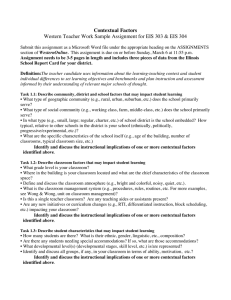
Context plays a significant role in the notion of leadership. Harvard Business Review’s post Adapt Your Leadership Style to Your Situation emphasizes that no single leadership approach is appropriate in every situation. For instance, it will make more sense in some circumstances to give individuals instructions, while in others it will be more effective to provide open-ended questions. Objectives should be modified in response to new knowledge or, in some cases, strictly adhered to the plan. Depending on who you're managing, the situation you're in, and the external demands you face, your style should change. It takes a great level of self-awareness to handle conflicts like these. For this reason, it is evident that self-awareness can immensely contribute to context within leadership. Understanding one’s natural tendencies is crucial in formulating a portfolio of effective micro-behaviours that can be utilized in scenarios where different leadership approaches must be implemented. Managing the complexity of selfawareness is a key building block in developing contextual awareness, a relevant practice for all effective leaders. Conditions that define the context of an event, a statement, or a concept and within which it makes sense. The capacity to comprehend and learn about your surroundings at any given moment, make appropriate decisions, and modify behavior is known as contextual awareness. This is discussed in the Harvard Business Review in always leaning into feedback from others, while learning, practicing, and adapting. Looking for signals for micro-behaviours for what responds from others is better is an excellent method in building strong leadership. The foundation of leadership derives from thinking. Understanding one's own contextual relevance is essential for a leader since it shapes people's expectations and perceptions of them. Furthermore, trivialization frequently unintentionally impedes advancement in difficult circumstances. The leadership perception is formed as the stakeholders receive and interpret our leadership signals. Contextual awareness can be developed in several ways. The first step in developing contextual skills is self-awareness. As stated earlier, building self-awareness reveals and establishes good decision making. Receiving feedback from peers, subordinates, and followers provides data that can be used to understand leadership skills and other perspectives. It highlights potential biases that can influence decision making. Coach Aldama from this week’s case study showcases this skill as she commits to decompartmentalization when deciding who “makes the mat.” Aldama states that she tries to “separate the coaching part from the nurturing part” to be successful. Another step is to formulate a learner mindset. As context constantly alters, it’s essential for a leader to recognize that they are not always with the most expertise. For this reason, leaders must inherit the habit to learn and listen. Curiosity and open mindedness to learn from others is vital for future problem solving. This is established in the HBR summary in expressing the need for learners to learn, practice, and adapt constantly. Learning and listening skills must improve for long-term decision-making. The final step is to develop a data- oriented mindset. A variety of data is needed in decision making. Data can be a powerful tool in providing insight for setting organizational objectives and problem- solving. Data aids in generating the correct context for leaders to follow through the set goals. Coach Aldama demonstrates this step as she meticulously records the practices to analyze them for improvement. All in all, an effective and efficient leader can be built with these three attributes to contextual awareness. Having self-awareness, a learner mindset, and a data-oriented mindset are all tools to spot signals in leadership. Being able to differentiate between self-awareness and contextual awareness, actively listen and be willing to receive constructive criticism from others, and utilize data and precedent for decision-making can significantly impact signals to react or respond. References Adapt your leadership style to your situation. Harvard Business Review. (2020, March 20). https://hbr.org/tip/2020/03/adapt-your-leadership-style-to-your-situation Ghosh, A. (n.d.). Three ways to develop contextual awareness as a leader. LeadDev. https://leaddev.com/personal-development/three-ways-develop-contextual-awarenessleader#:~:text=Contextual%20awareness%20is%20therefore%20a,solid%20foundation%20for% 20their%20decisions.


